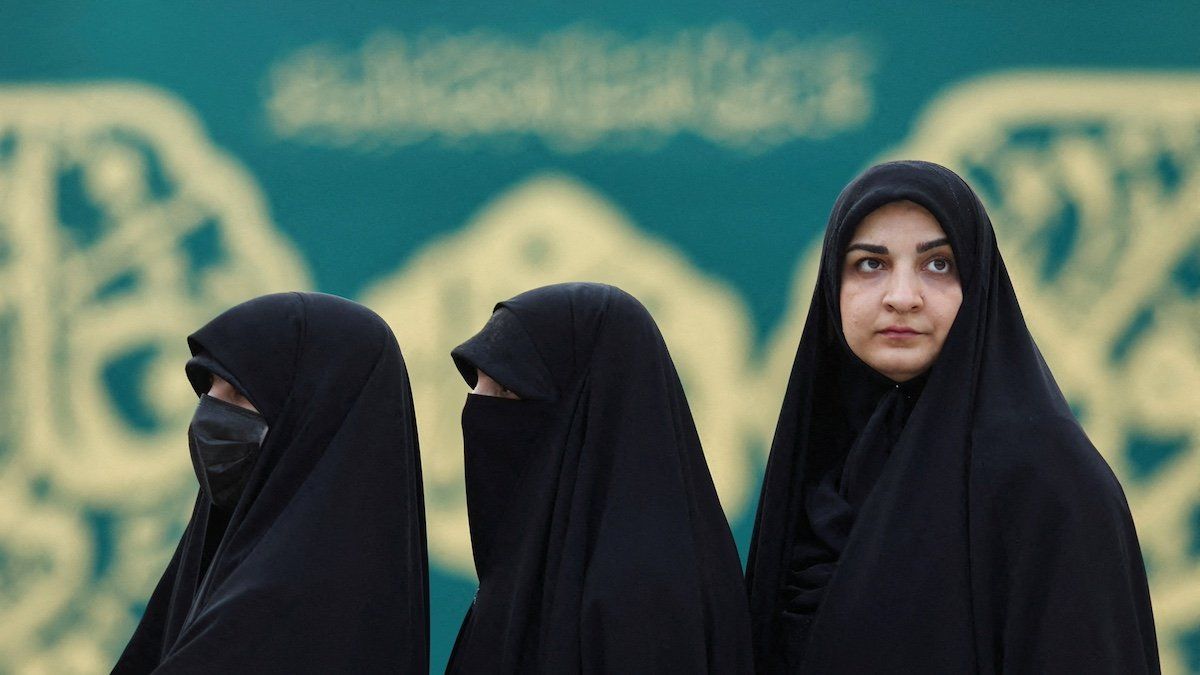Iran held a presidential election on Friday to replace President
Ebrahim Raisi, who was killed in a helicopter crash in May, with voters choosing between four regime-approved candidates, including a “reformist” and three hardliners. None secured a majority, which means voting heads into a second round for the two candidates with the most votes: reformist
Masoud Pezeshkian and ultraconservative
Saeed Jalili. Low voter turnout was expected, and many believed Pezeshkianwould come in first but fail to win the 50% majority needed to prevail outright. Experts like Eurasia Group analyst Gregory Brew anticipated that Pezeshkian would then meet either Jalili or Mohammad Baqer Qalibaf in a runoff.
“Events bore out this expectation,” says Brew, “but with a few interesting twists.” First, voter turnout was even lower than feared – at just 40%. Second, Jalili and Qalibaf combined only won 13 million votes, far less than the 19 million Raisi had in 2021.
Round two looms. If Jalili wins in the second round on July 5, he would simply be another ideological hardliner hostile to the West with “retrograde views on important social issues.” This, says Brew, will ensure “dissatisfaction with the regime increases among ordinary Iranians.”
Pezeshkian would be weak and be easy for the regime to undermine, Brew explains, but “the Supreme Leader has always distrusted and feared the reformists and it’s hard to see him tolerating a reformist president, especially with a succession so close.”
In fact, neither candidate is ideal for the regime’s leadership. “While Jalili is ideologically suitable,” says Brew, “he doesn't appear to have much support from inside the regime.”
Still, one of them will prevail. “I'd say that the odds favor Jalili right now, especially as turnout is going to be even lower next week than it was for Friday's election,” says Brew, noting that if voters do align with Pezeshkian, it would just be to prevent a Jalili government.
